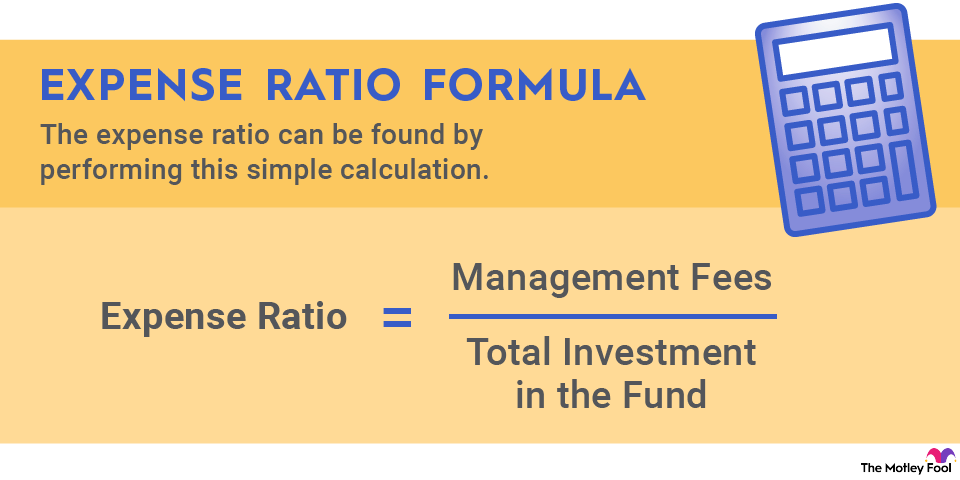When analyzing stocks you might want to invest in, one very important area to look at is a company's debts. However, simply looking at a company's total outstanding debt doesn't always give the full picture, especially when a company has a relatively high amount of cash or liquid assets. Instead, net debt can be the better metric.
Here's a rundown of what net debt means, why it's important, and how you might want to incorporate it into your analysis.

What is net debt?
Net debt is the total amount of debt a company would have if it used all of its cash and liquid assets to pay down the debts on the balance sheet. In other words, net debt is equal to a company's (or individual's) total debt minus its cash, cash equivalents, and liquid investments.
It's also worth mentioning that some companies have no debts whatsoever, and others have debt, but the cash and equivalents on the balance sheet are greater. In these cases, the net debt would be negative, and we could say that the business has a net cash position.


















